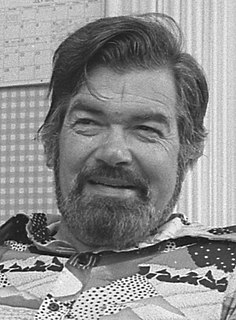A Quote by Edwin Muir
I have observed in foolish awe
The dateless mid-days of the law
And seen indifferent justice done
By everyone on everyone.
Related Quotes
Justice is a judgement that is both fair and forgiving. Justice is not done until everyone is satisfied, even those who offend us and must be punished by us. You can see, by what we have done with these two boys, that justice is not only the way we punish those who do wrong. It is also the way we try to save them.
As proof of this statement, consider this question: Have the people ever been known to rise against the Court of Appeals, or mob a Justice of the Peace, in order to get higher wages, free credit, tools of production, favorable tariffs, or government-created jobs? Everyone knows perfectly well that such matters are not within the jurisdiction of the Court of Appeals or a Justice of the Peace. And if government were limited to its proper functions, everyone would soon learn that these matters are not within the jurisdiction of the law itself.
The irresistible proliferation of graphomania shows me that everyone without exception bears a potential writer within him, so that the entire human species has good reason to go down into the streets and shout: we are all writers! for everyone is pained by the thought of disappearing, unheard and unseen, into an indifferent universe, and because of that everyone wants, while there is still time, to turn himself into a universe of words. one morning (and it will be soon), when everyone wakes up as a writer, the age of universal deafness and incomprehension will have arrived.






































